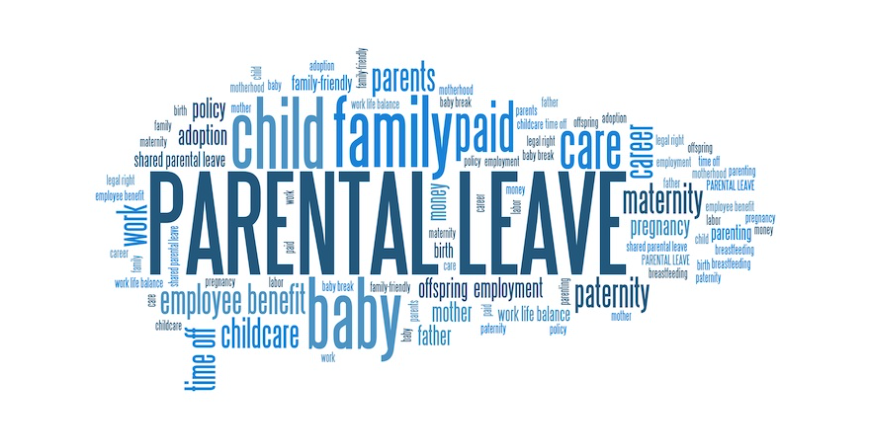Bridging the Gap: Addressing Paid Leave Disparities for Hispanic Working Parents During National Hispanic Heritage Month
September 15 - October 15 is National Hispanic Heritage Month in the U.S. and while there has been much to celebrate this month, it has also been a reminder of the continued disparities experienced by Hispanic working parents as they struggle to access paid leave and paid leave benefits.
According to the Urban Institute, “Ethnic and racial disparities exist in access to paid leave. Although 72% of white workers reported having access to at least one form of paid leave, only 58% of Hispanic/Latinx adults and 67% of Black adults reported having access to at least one form of paid leave. In addition, 41% of Hispanic/Latine workers said they could take time off for the birth or adoption of a child and 40% for care of an ill family member compared to 57% of white workers who said they could take time off for both types of leave.” Even for those with access to a form of paid leave, they often have to navigate additional language barriers, both with erroneously translated official forms and documents and the limited assistance available for non-English speakers going through this process.
For us at First Shift, this issue impacts a significant portion of our clients. In 2023, 32% of our clients identified as Hispanic or Latine and 20% of our closed cases were for D.C. Paid Family Leave (PFL) applications. As part of our work, our Bilingual Paralegal has been working with clients to complete D.C. PFL applications. She was able to identify several problems with the Spanish version of the D.C. PFL application which prevented Spanish speaking workers from applying. Her efforts to correct these errors have resulted in improvements to the application process by the Department of Employment Services (DOES). We continue to assist clients with D.C. PFL applications and monitor clients’ experiences accessing D.C. PFL, specifically documenting what obstacles they encounter, in hopes that, one day, the disparity is no more. Until then, we will continue to advocate for the needs of our clients.
By P. Browne

